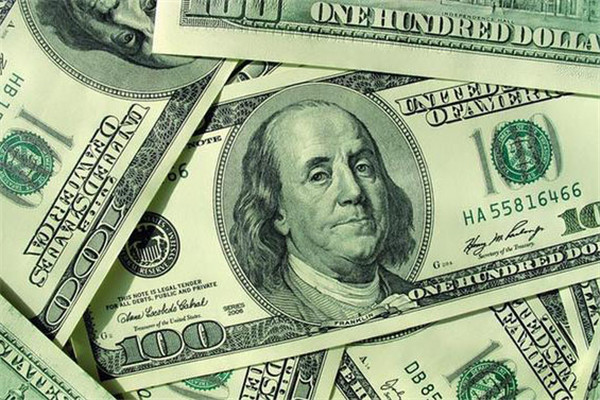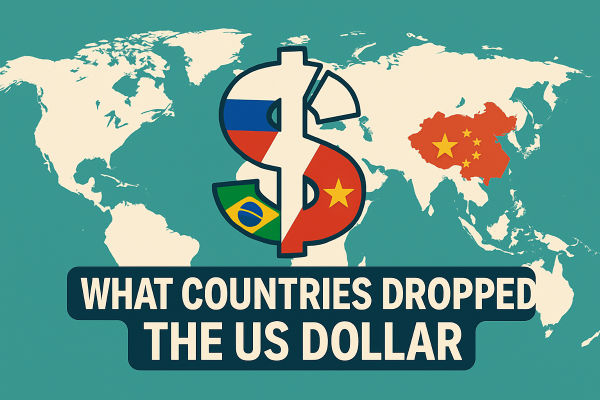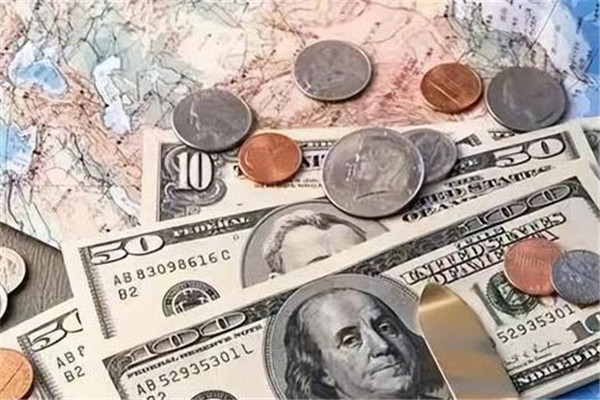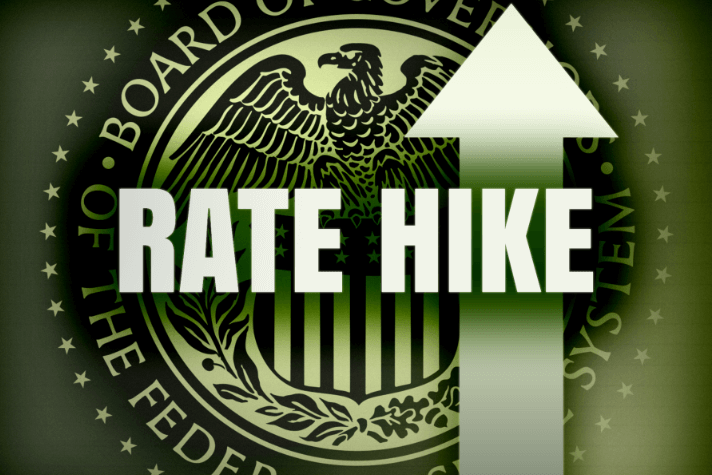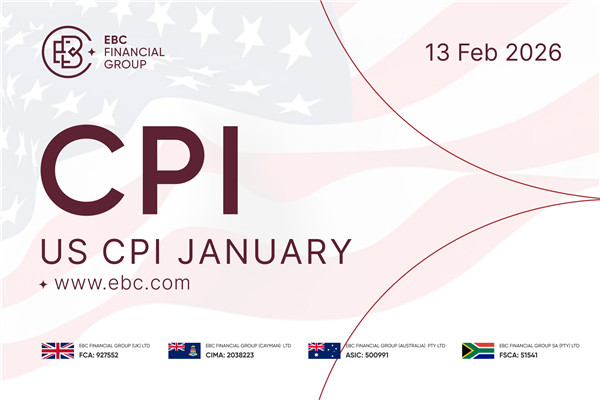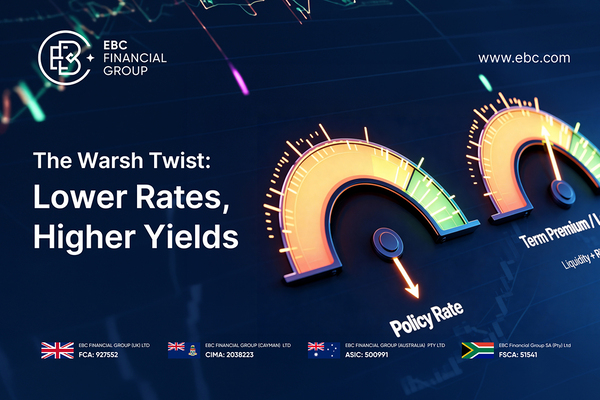US dollar foreign exchange reserves refer to the total amount of foreign
exchange assets held by a country denominated in US dollars. Foreign exchange
reserves are foreign exchange assets held by the National central bank that are
used to maintain international payment balances, protect national economic
stability, and deal with external financial crises and market turbulence.
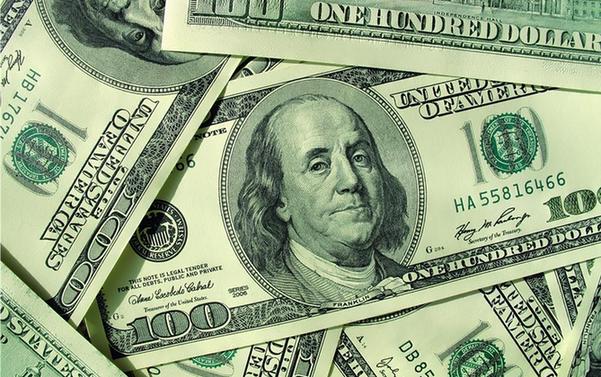
The US dollar foreign exchange reserves are usually held by the central banks
of various governments, mainly in the US dollar, and can also include other
foreign currencies such as the euro, yen, and pound sterling. These reserve
assets can exist in the form of cash, deposits, bonds, stocks, etc.
The significance of US dollar foreign exchange reserves lies in the fact that
they are an important component of a country's foreign exchange reserves,
reflecting a country's strength and credibility in the international economy and
finance. Countries with higher foreign exchange reserves can better cope with
economic risks, protect the stability of their own currencies, provide liquidity support, and maintain the stability of financial markets.
In addition, US dollar foreign exchange reserves can also be used for
international trade and investment to support domestic economic development and
pay international debts. Some countries also use their US dollar foreign
exchange reserves to purchase US government bonds as an expression of confidence
in the US economy and financial markets.
Main Uses of US Dollar Foreign Exchange Reserve
1. Maintain an international payment balance.
As the main currency for international trade and financial transactions,
having sufficient US dollar foreign exchange reserves can ensure that countries
can timely pay for imported goods and services and maintain an international
payment balance.
2. Protecting the stability of the domestic currency
The supply and demand relationship in the foreign exchange market has an
impact on the national currency exchange rate. Having sufficient US dollar
foreign exchange reserves allows you to intervene when necessary to stabilize
the exchange rate of the domestic currency. For example, when there is a risk of
excessive depreciation of the domestic currency, the central bank can use the US
dollars in reserves to purchase the domestic currency, thereby raising the
exchange rate.
3. Dealing with external financial crises
When the Global financial system is unstable or in crisis, having sufficient
US dollar foreign exchange reserves can provide liquidity support, stabilize the
domestic financial market, and respond to external shocks. This can be used to
support the liquidity demand of financial institutions and prevent the vicious
cycle of financial markets from expanding.
4. Support international trade and investment.
Having sufficient US dollar foreign exchange reserves can provide support for
international trade and investment. The country can use the US dollars in its
reserves to pay for imported goods and services, supporting the development of
export enterprises. In addition, it can also be used to invest in overseas
assets, thereby increasing the returns and diversity of reserves.
5. Enhance national credibility and stability.
Having a high level of US dollar foreign exchange reserves can reflect a
country's strength and credibility in the international economy and finance.
This helps to attract foreign investors and improve the country's credit rating,
reducing its borrowing costs. Countries with sufficient reserves are usually
better able to stabilize economic growth and financial markets and enhance the
country's Economic security.
In summary, the US dollar foreign exchange reserves play a crucial role in
the national economy, including maintaining payment balance, protecting currency
stability, responding to financial crises, supporting international trade and
investment, and enhancing national credibility and stability.Therefore, having sufficient US dollar foreign exchange reserves is crucial
for a country.
